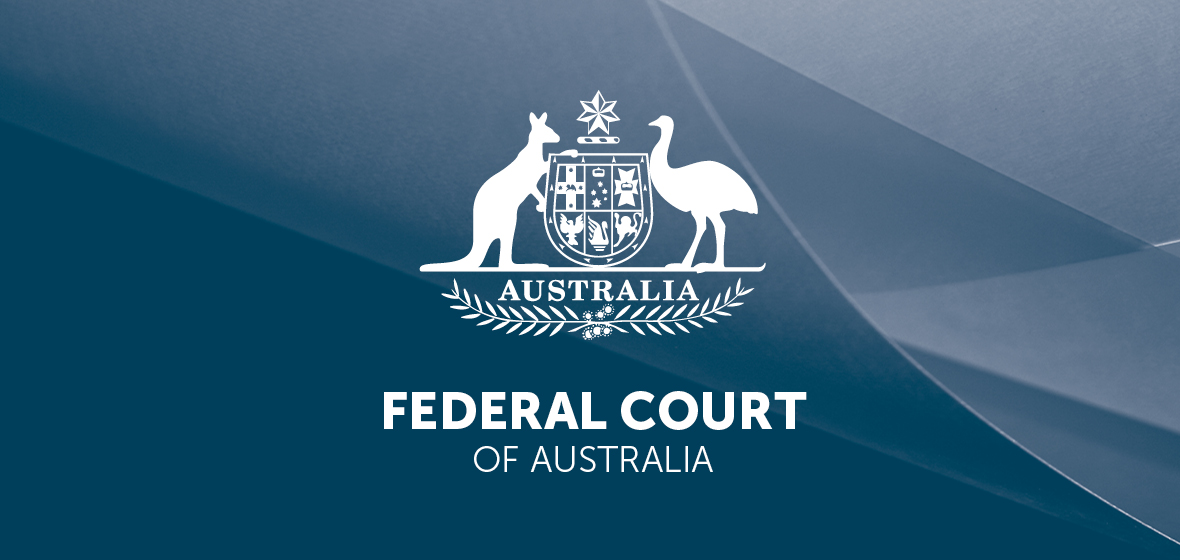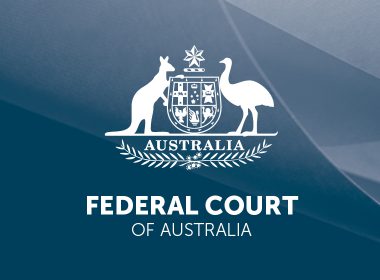Key decisions
Commissioner of Patents v Thaler [2022] FAFC 62
PATENTS
Artificial intelligence – Patents Regulations 1991 require name of inventor to be provided in application – artificial intelligence machine named as inventor in application – concept of ‘inventor’ under Patents Act 1990 – whether inventor must be natural person.
Commissioner of Patents v Thaler [2022] FAFC 62 (Allsop CJ, Nicholas, Yates, Moshinsky and Burley JJ)
Last month the Full Federal Court held that an Artificial Intelligence (‘AI’) system cannot be named as an inventor for the purposes of a patent application under the Patents Act 1990 (Cth) (‘the Act’), overturning the decision of the court below.
Background
In September 2019, the respondent, Dr Thaler, made a patent application for various inventions. In the application, he named the inventor as ‘DABUS’, an AI system. IP Australia informed Dr Thaler that the application did not comply with reg 3.2C of the Patents Regulations 1991 (Cth) (‘the Regulations’) because it failed to identify a natural person as the inventor. Dr Thaler responded with submissions explaining how DABUS could be recorded as an inventor, but the submissions were not accepted by the Deputy Commissioner of Patents and consequently, the application lapsed.
Dr Thaler applied for judicial review of the Deputy Commissioner’s decision which is the subject of Thaler v Commissioner of Patents [2021] FCA 879. In that decision, the primary judge concluded that an inventor under the Act can be an AI system or device and ordered that the Deputy Commissioner’s determinations be set aside.
The Commissioner of Patents (‘the Commissioner’) appealed to the Full Federal Court seeking an order that the application before the primary judge be dismissed and the orders of the primary judge be set aside.
Grounds of appeal and agreed facts
The Commissioner appealed on two broad bases, contending that the primary judge:
- misconstrued section 15 of the Act and reg 3.2C(2)(aa) of the Regulations; and
- erred by making factual findings beyond the evidence before the Court.
The appeal proceeded on six agreed facts relating to AI systems, DABUS and Dr Thaler.
The Court’s findings
In a joint judgment, Allsop CJ, and Nicholas, Yates, Moshinsky and Burley JJ held unanimously that the appeal be allowed and the orders of the primary judgment be set aside. With respect to the question of whether the primary judge erred in his conclusions about DABUS being ‘the inventor’ pursuant to reg 3.2C(2)(aa), the Court resolved a statutory construction issue as to the meaning of that term by holding that it refers to a natural person.


